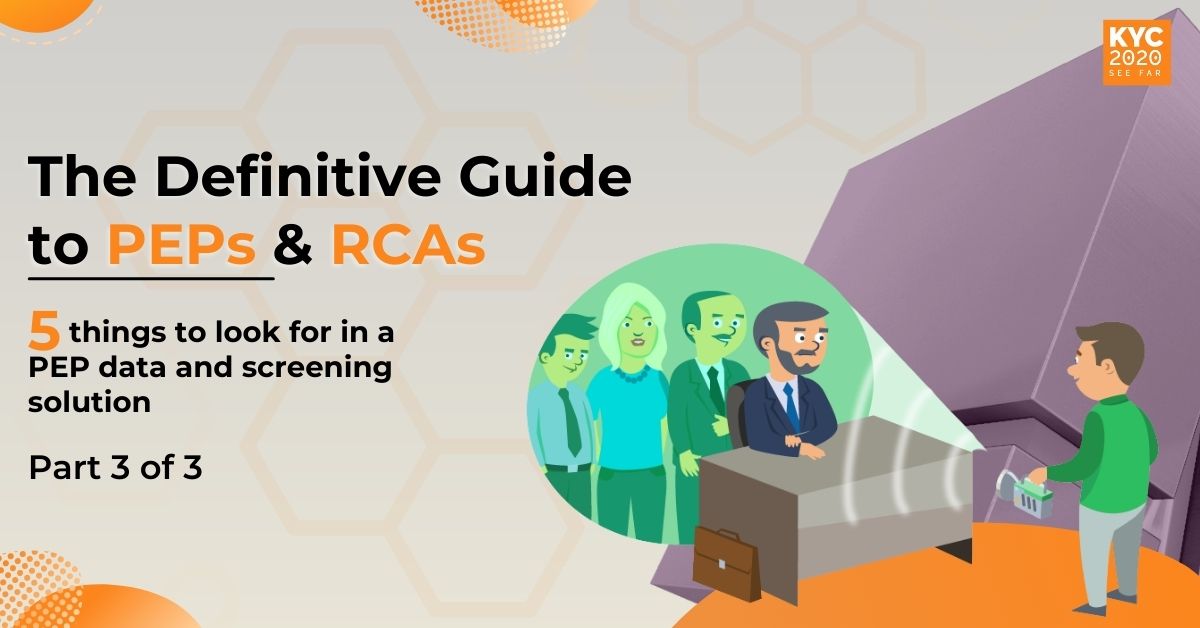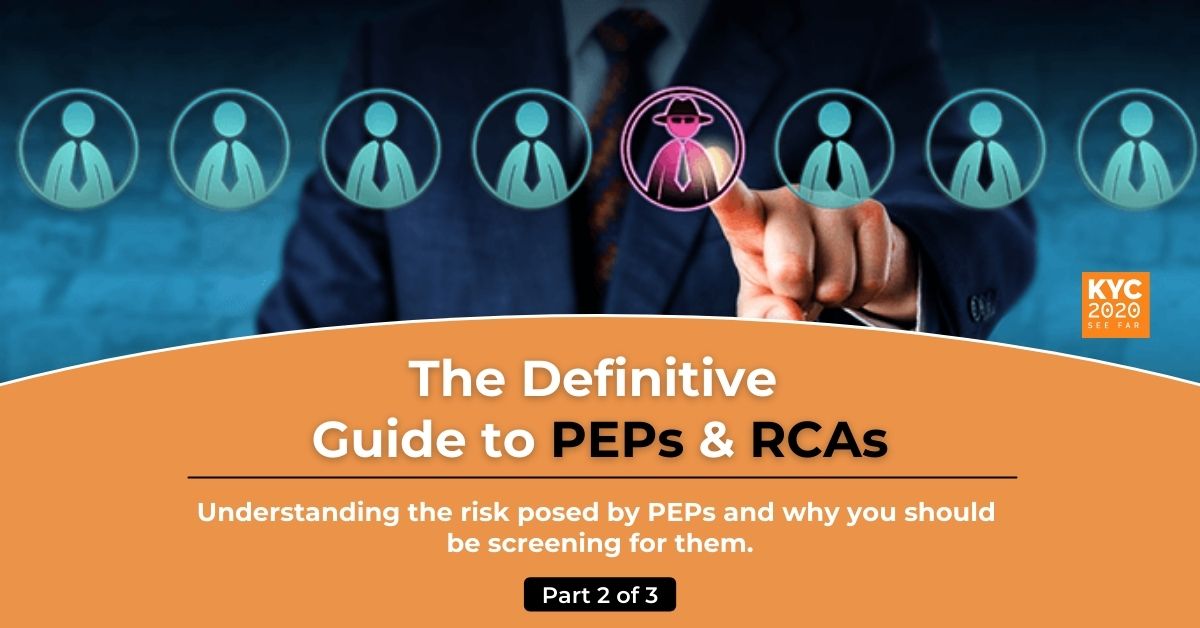Navigating the complexities of AML compliance is no easy task. Simply understanding the agencies that create regulations and enforce regulations can be challenging enough. This makes the task of maintaining AML compliance even more challenging especially when it comes to keeping up with new regulations. These agencies oftentimes create guidelines you can follow to simplify the process of AML compliance as well. So, the key agencies and regulatory bodies you should track when it comes to AML compliance in USA include:
- Financial Industry Regulatory Authority (FINRA)
- Financial Crimes Enforcement Network (FinCEN)
- Federal Financial Institutions Examination Council (FFIEC)
Financial Industry Regulatory Authority (FINRA)
FINRA is a private corporation in the United States that acts as a self-regulatory authority. It became the successor of the National Association of Securities Dealers in 2007 shortly after the SEC approved its formation. Since then, FINRA grew to over 3,400 employees working primarily out of Washington, D.C. and New York, NY with 20 other regional offices throughout the United States.
FINRA’s overall responsibilities revolve around regulating member brokerage firms and exchange markets, one part of which is ensuring AML compliance. With these responsibilities, the 3,400 employees oversee approximately 4,250 brokerage firms, 154,000 branch offices, and 625,000 registered representatives. As a part of these responsibilities, FINRA holds periodic regulatory exams for all member firms they oversee. These reviews help FINRA determine where they see room for improvement within these institutions for more streamlined compliance.
Despite being a private corporation, the Securities and Exchange Commission granted FINRA approval to discipline registered representatives and member firms. They also license individuals, admit firms to the industry, and create the rules that govern their behavior. In 2018 alone, FINRA levied approximately $61 million in fines and another $25 million in restitutions. This makes them one of the primary organizations you will have to deal with to achieve AML compliance if you are dealing in securities. They set the rules and regulate them, so be sure to pay attention to everything they do.
Financial Crimes Enforcement Network (FinCEN)
FinCEN was formed in 1990 with the goal of combating domestic and international money laundering, terrorist financing, and other financial crimes. They’re a bureau of the United States Department of Treasury that analyzes information about financial transactions. They are one of 147 Financial Intelligence Units (FIUs) that make up the Egmont Group of Financial Intelligence Units. FinCEN’s director summed up their mission through a statement in 2013 as, “safeguard the financial system from illicit use, combat money laundering and promote national security.” They accomplish this mission through following any financial trails that might lead to a case of money laundering, terrorist financing, or other financial crimes.
One of FinCEN’s primary responsibilities revolve around data collection and data use. They created the FinCEN Query which allows other Financial Intelligence Units to search the mass amounts of data FinCEN collects on all financial transactions. The search engine operates similar to Google making it easy for any of the Financial Intelligence Units to find any information they need. They also create four yearly reports:
- Suspicious Activity Report
- Currency Transaction Report
- The Designation of Exempt Person
- Registered Money Service Business
These reports contain their findings on various threats and indicators facing the United States when it comes to combating money laundering, terrorist finance, and financial crime
Through the use of the extensive data they collect on financial transaction, they conduct investigations into at risk individuals and organizations. This puts anyone not following AML regulations at risk of an expensive investigation that could halt your business entirely. So, to avoid a nasty letter from FinCEN, make sure you follow all financial requirements and regulations to ensure you do not participate in money laundering, terrorist financing, or any other financial crimes.
Federal Financial Institutions Examination Council (FFIEC)
The FFIEC was established in 1979 through the Financial Institutions Regulatory and Interest Rate Control Act of 1978. They are composed of five banking regulators that create uniform guidelines and standards that every financial institution must follow. The five banking regulators that make up the FFIEC include:
- Federal Reserve Board of Governors
- Federal Deposit Insurance Corporation
- National Credit Union Administration
- Office of the Comptroller of the Currency
- Consumer Financial Protection Bureau
In recent times, one of the top priorities of the FFIEC became protecting financial institutions from cyber-attacks. They achieve this through creating guidelines and standards for cyber security that every financial institution must follow. As part of their effort to help financial institutions combat cyber-attacks, they released the Cybersecurity Assessment Tool. Regulators of the FFIEC use the results of this tool as part of their examination into any financial institution.
Another helpful resource the FFIEC released to simplify compliance with the Bank Secrecy Act and Anti-Money Laundering is their BSA/AML info base. Within this infobase you can find guidelines to help you achieve AML compliance, examination manuals, and a range of other resources to help you maintain compliance. Since their overall goal surrounds helping financial institutions combat financial crimes, they aim to teach appropriate standards you should follow to maintain compliance. You can also use this database to see exactly what the FFIEC looks for during compliance examinations of your organization. This helps ensure you pass your examination when that time inevitably comes. You should look to the FFIEC to help you create procedures and maintain compliance with all BSA and AML regulations.
Do You Need Help Achieving and Maintaining AML Compliance?
These organizations are only the tip of the iceberg when it comes to navigating the complexities of AML Compliance. There is the OFAC which regulates all foreign assets, the OCC, FDIC, FRB, CFPB, and then various state level oversight agencies. These organizations play an important role in ensuring you remain compliant with all AML regulations.
If you need help navigating the complexities of AML compliance, contact KYC2020 for a consultation today. They offer software tools to help you manage all aspects of AML compliance and streamline your AML Compliance Program to ensure efficiency. KYC2020 also supports a network of qualified CAMS™ certified AML Compliance Specialists to help answer any of your questions and guide you through the process of achieving AML compliance. AML compliance does not have to be costly or complicated, so let KYC2020 help you decide your next steps to achieving and maintaining AML compliance in a cost effective and efficient way.








